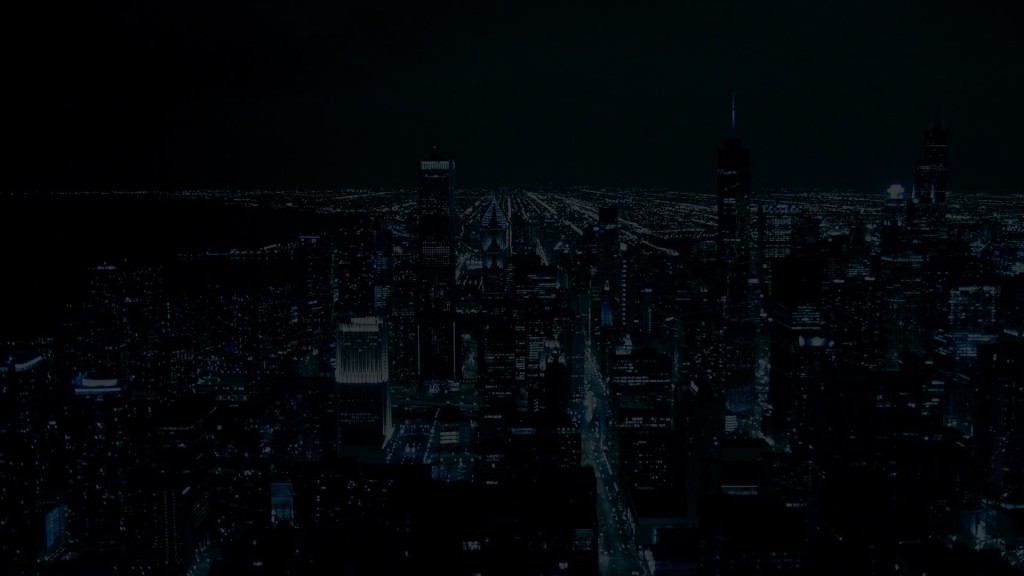Net Neutrality Links
I’m adding this link to the Net Neutrality Page.
Here’s the FCC’s Playbook for Burying Net Neutrality By Art Brodsky [via freepress]
Itââ¬â¢s not. Beneath the surface, the reality is that FCC Chairman Kevin Martinââ¬â¢s planned Notice of Inquiry on Net Neutrality is an audacious triple play with the goals of greasing the largest telecom merger in history, relieving pressure on a key piece of legislation, and burying the Net Neutrality concept for good.
[. . .]
So hereââ¬â¢s the setup. The FCC is currently considering AT&Tââ¬â¢s $67 billion purchase of BellSouth, the largest merger in history. In similar past mergers, such as SBCââ¬â¢s purchase of AT&T, or Verizonââ¬â¢s purchase of MCI, the Commission has imposed some relatively neutered Net Neutrality conditions for a limited period of time.
[. . .]
Martinââ¬â¢s gambit to make the merger as painless as possible for the companies is to try to take the Net Neutrality issue off the table. The way he will try to do that is with a Notice of Inquiry.
In the arcane world of FCC process, there are basically three levels of action the Commission can take. Most of the time, the Commission employs only two out of three. First, there is a Notice of Proposed Rulemaking (NPRM). The construct of the NPRM is that the Commission has found a problem that needs a Commission ruling and proposes some solutions. After a public comment proceeding, the Commission then issues the rule. The construct the rule is that the Commission has picked a course of action to follow. Most of the time the Commission adopts its proposed rule, rather than something others might suggest, but you have to go through the drill anyway.
A preliminary step to the NPRM is called the Notice of Inquiry. The construct here is that the Commission is asking whether there is a problem that needs FCC attention. Notices of Inquiry rarely go any farther in the process. They are a device for burying a problem. But this one is tricky, for the political and analytical hazards it poses for Net Neutrality advocates, including FCC Commissioners Michael Copps and Jonathan Adelstein.
When the FCC votes on an action, Commissioners can vote for it, vote against it, or concur in part or dissent in part. Because the window dressing on a Notice of Inquiry is that itââ¬â¢s simply asking a question, itââ¬â¢s hard for a Commissioner to vote against issuing one without appearing unreasonable.In this case, it would be hard for Copps or Adelstein to vote against issuing the Inquiry . . . critics will say, the Commission is only ââ¬Åasking questionsââ¬Â and no one can object to that . . .
. . . The telephone companies and cable companies will tell the FCC thereââ¬â¢s no problem with Net Neutrality. Those of us who favor reinstating the non-discrimination law will argue that there might not be a current problem because discrimination was until recently illegal, because the telephone and cable companies are on their best behavior while trying to obtain easier entry to the cable business from Congress and because the FCCââ¬â¢s current non-enforceable Net Neutrality principles donââ¬â¢t protect consumers from the telephone and cable companies giving priority to the services in which they have a financial interest . . .
None of our arguments will matter. The FCC, if it says anything, will say thereââ¬â¢s no need for a proposed rulemaking because no one has shown a problem exists.
–ME “Liz” Strauss
Related
NET NEUTRALITY PAGE
